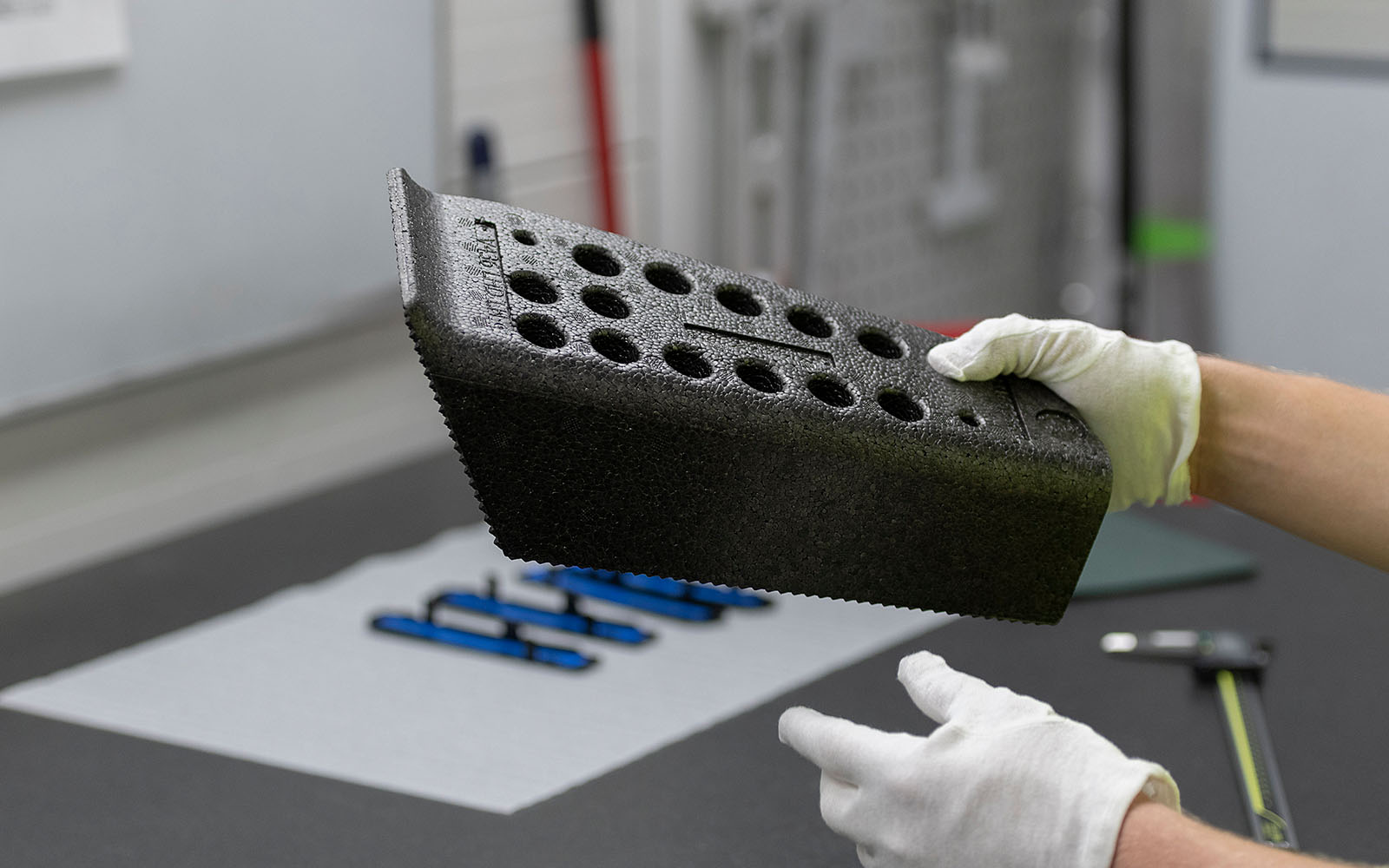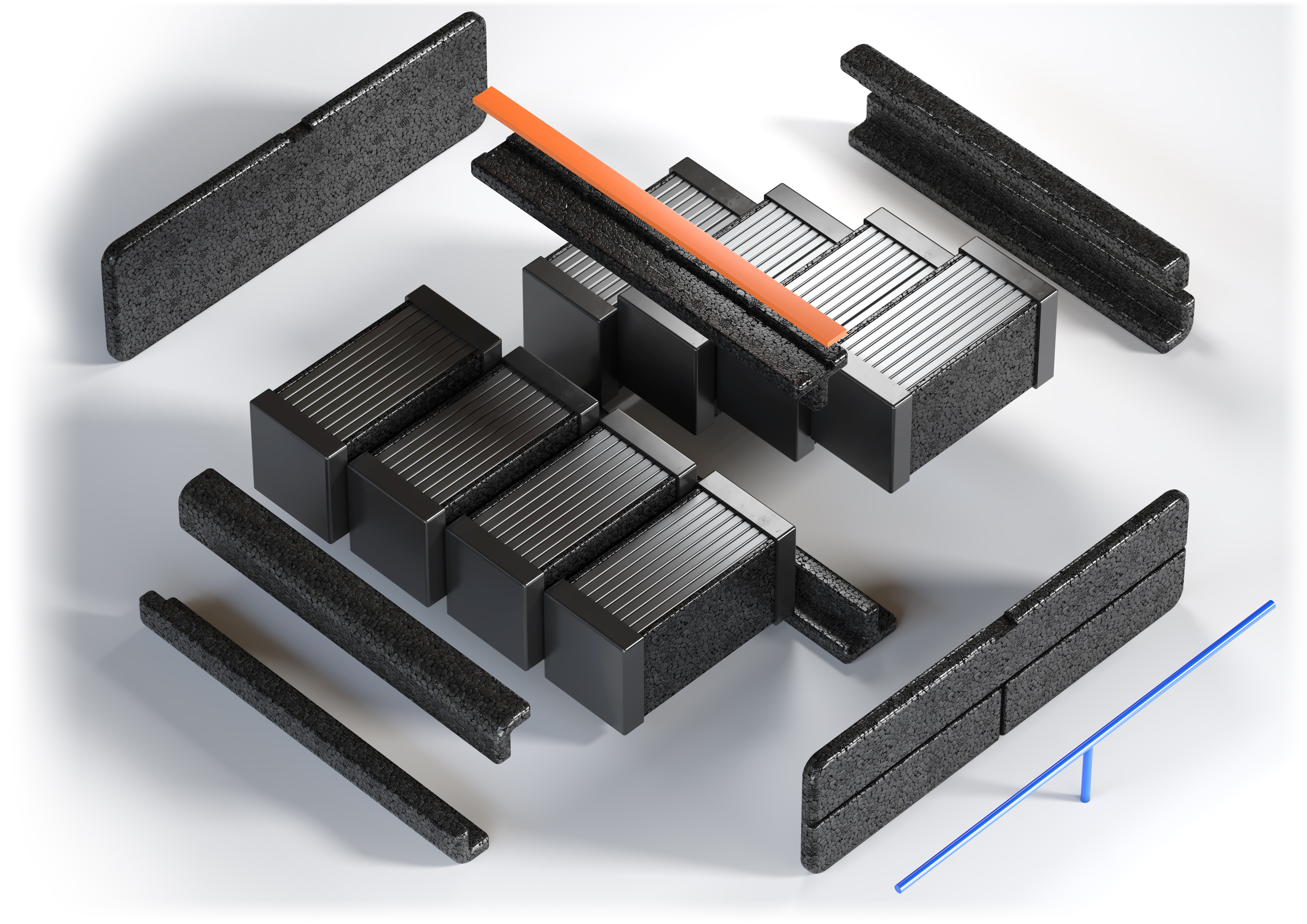Today, for many people buying an electric car is still far too expensive and the internal combustion engine is still the dominant mode of propulsion. However, experts at Bloomberg NEF indicate that even before the end of this decade, electric car prices could drop enough to make them cheaper than combustion cars.
What are the average prices of electric and combustion cars?
Although electric cars are appearing more and more on the streets, combustion cars are definitely more popular, which is a direct result of their far greater price attractiveness. If you look at the average prices of cars in 2020, an electric car cost about 37 thousand euros, while a compact car with an internal combustion engine cost about half as much, at 18 thousand euros. These amounts do not take into account taxation or additional costs associated with car insurance, so the final expense will be higher. Does this mean that the new electric car can become more affordable to more affluent people? It doesn't have to be so at all, if you consider the price of the cheapest electric car and the fact that some European countries offer attractive subsidies to their citizens.
How much does the cheapest electric car currently cost?
The cheapest electric car in Europe can be bought for just under 18 thousand euros, which corresponds to the average price of an internal combustion car. It is estimated that, taking into account the subsidies available, for example, in France, this cost can drop to as low as 12 thousand euros. However, a potential buyer of an electric car at this price must accept the fact that the low cost is followed by rather poor equipment, low performance and relatively little interior space, as this is the price of a small electric car.
When will the price of electric cars fall?

According to the Bloomberg NEF report, the turning point is expected to be 2026, when the average cost of buying a medium-sized combustion car and an electric car will equalize, and both will be around 19thousand euros, including taxes. After 2027, the price of electric cars will become lower and lower, while combustion cars will become slightly more expensive. In 2030, for example, the price of an electric car is expected to drop to about 16,300 euros, while the price of an internal combustion car will be as high as 19,900 euros. These dynamic changes are rooted in changing battery production technologies or innovations in automotive parts made of modern plastics, which allow vehicles to be manufactured at a much lower cost.
Read more: Major electric car battery manufacturers and their longevity
What will drive down the price of electric cars?
The change in the price of electric cars will be influenced by falling battery production costs, which currently account for up to 40% of the value of the entire car. Despite a periodic spike in battery manufacturing costs due to disruptions in the supply of rare earth raw materials, analysts predict a decline in the long term, which is expected to be driven by more efficient production technologies, the opening of new factories and technological innovations. A cost of $100 per kilowatt hour is considered a significant threshold. Below this level, electromobility is expected to grow faster and faster, and the cheapest electric car will be affordable to a broad global market.
How does production technology affect the price of a car?
Since the price of electric cars is largely determined by battery production costs, it is innovations in this area that will shape the market in the future. One of them is electrolyte-based solid-state battery technology, which offers twice the energy density and, unlike lithium-ion batteries, poses no danger of explosion or ignition. By using them, the volume of batteries needed to power a car will be halved, and the need for additional cooling systems will disappear, which will translate into lower prices of electric cars.
Read more: Solid-state batteries – modern technology for EVs

The growing use of innovative plastics, such as ultralight EPP foamed polypropylene, for example, is also having a big impact on reducing production costs. Battery packs manufactured from it are already making it possible to produce batteries more cost-effectively thanks to their multifunctional applications. Not only do they act as thermal and shock insulation, but also significantly simplify battery assembly. Foamed polypropylene is also widely used today in the interiors of modern cars as filling for seats, car doors, cockpits or floors. It enhances safety and driving comfort, while lowering the vehicle's weight and increasing its range.
Will electric cars replace combustion cars?
According to analysts at Bloomberg NEF, the reduction in the price of electric vehicles will have a dynamic effect on their sales as early as 2025-2030. It is estimated that during this period the number of electric cars sold will quadruple, from 8.5 million to as many as 26 million cars. After a decade, the figure is expected to double further, to 54 million in 2040. Thus, electric cars would already have a 58% share of global sales. However, the price of electric cars will not be the only factor determining their growing popularity. A heated discussion on the need to reduce greenhouse gas emissions in the transportation sector is going on around the world today. In Europe, internal combustion cars are to be phased out completely by 2035, and in the United States, as in many European countries, there are subsidies for the purchase of electric cars. Over time, this should mean a drastic reduction in the number, if not complete displacement of combustion cars. Many even believe that owning a vehicle with this kind of drive will soon become rather a hobby for classic car enthusiasts.